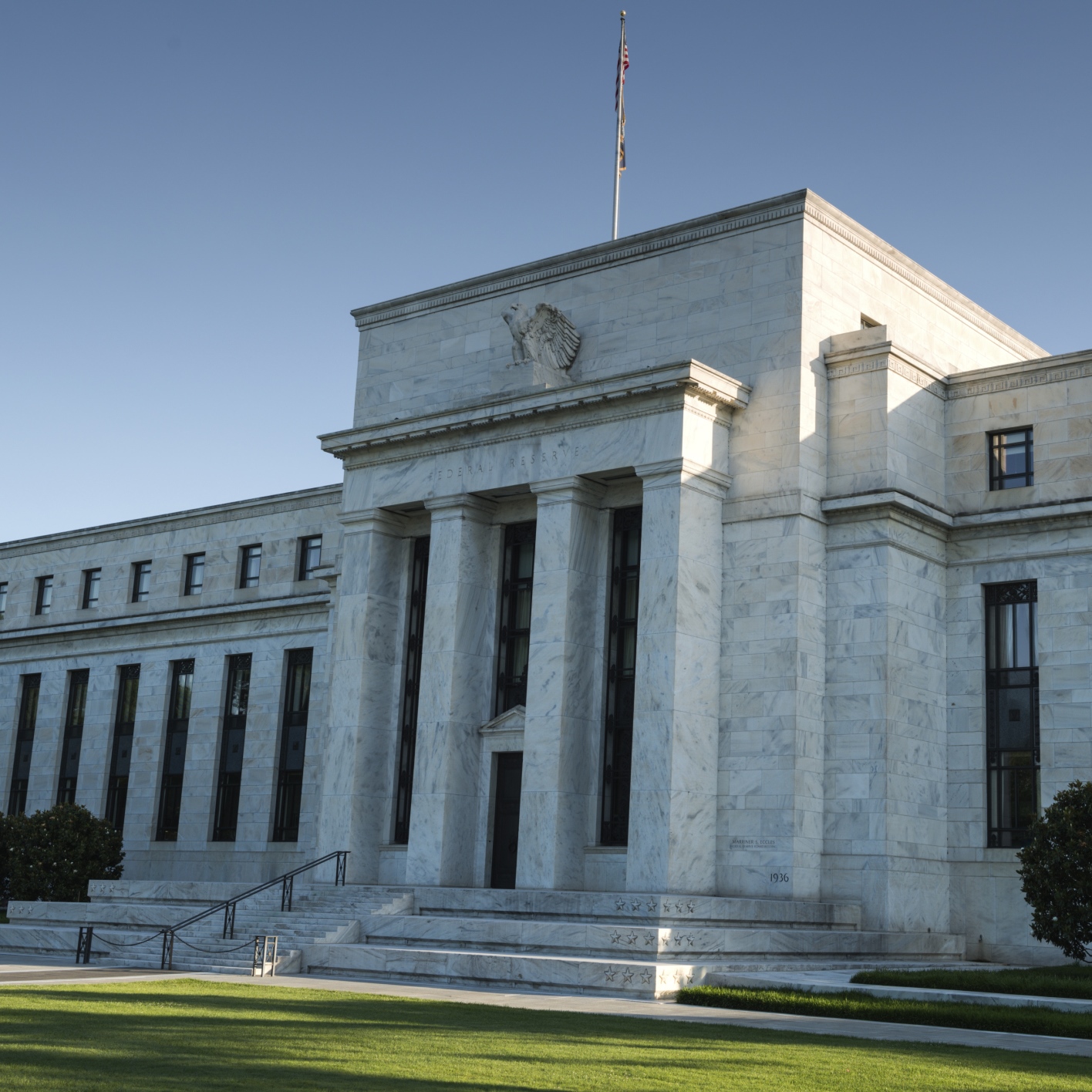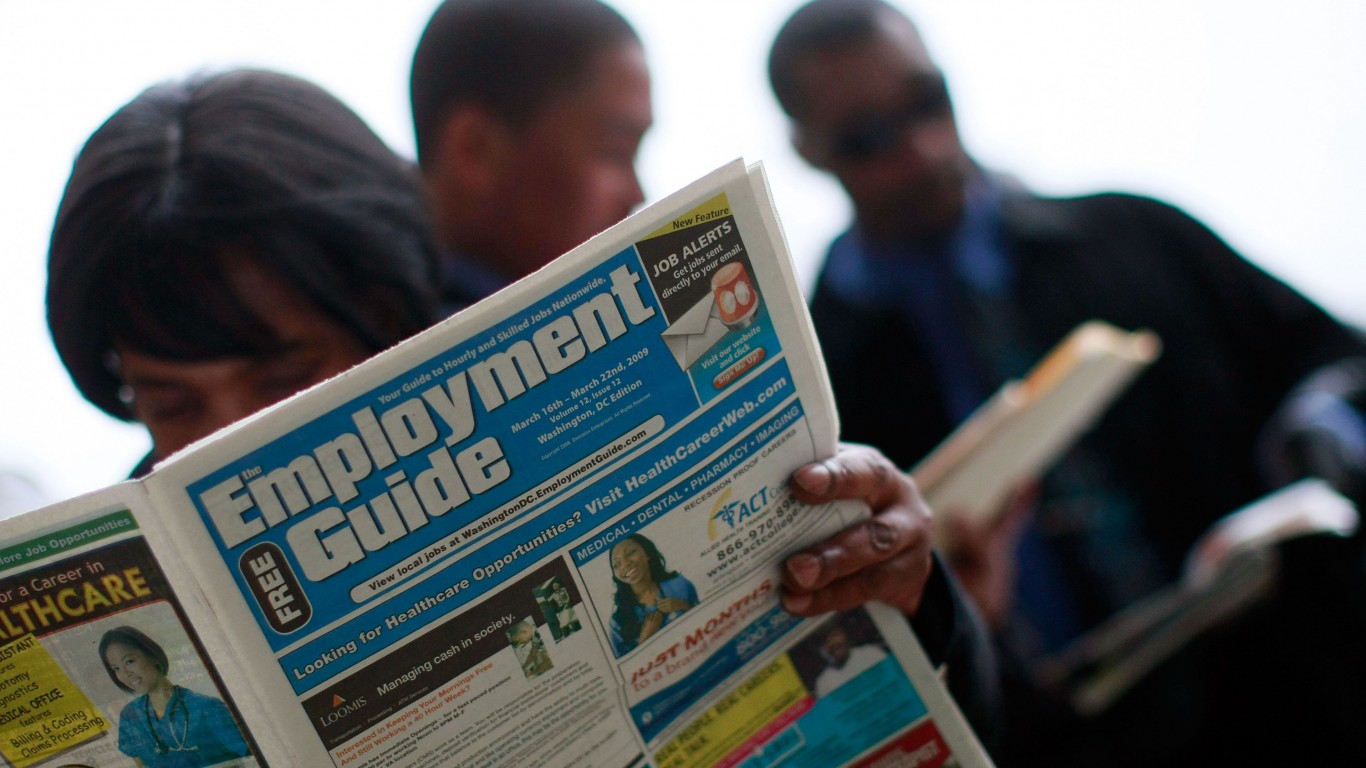
U.S. economic activity expanded in August in most of the 12 Federal Reserve districts according to the latest version of the Beige Book released Wednesday afternoon. Gains, however, were mostly modest, and economic activity remained “well below” pre-pandemic levels.
The Fed noted strong demand in the residential housing market and strong consumer spending on vehicles, but overall, “total [consumer] spending was still far below pre-pandemic levels.” Agriculture and energy continue to struggle with low prices and low activity, respectively, “with little expectation of near-term improvement for either sector.”
Labor market gains were uneven: “Some districts also reported slowing job growth and increased hiring volatility, particularly in service industries, with rising instances of furloughed workers being laid off permanently as demand remained soft.” Most districts reported gains in manufacturing employment.
Pricing pressure rose in August but remained modest according to the Fed. Lumber prices were notably higher and prices for personal protective equipment and the materials that are used to make it remained high. Slower growth in retail prices was attributed to weak demand or a lack of pricing power.
Earlier Wednesday, ADP reported that private-sector payrolls increased by 428,000, well short of expectations for a gain of more than 1 million. The U.S. unemployment rate remained stuck above 10% in July but is forecast to drop to 9.8% when the August employment situation report is released.
Last week, Fed Chairman Jerome Powell said the central bank now expects to permit inflation to run higher than its 2% target in an effort to make up for the effects of deflation during economic contractions such as the COVID-19 pandemic. Essentially this means low interest rates for longer, perhaps a lot longer.
In practice, this also means the Fed believes that a “robust job market can be sustained” without causing inflation. In essence, the Fed will now operate as though there can never be too many Americans with a job as long as inflation shows no signs of running away.
Get Ready To Retire (Sponsored)
Start by taking a quick retirement quiz from SmartAsset that will match you with up to 3 financial advisors that serve your area and beyond in 5 minutes, or less.
Each advisor has been vetted by SmartAsset and is held to a fiduciary standard to act in your best interests.
Here’s how it works:
1. Answer SmartAsset advisor match quiz
2. Review your pre-screened matches at your leisure. Check out the advisors’ profiles.
3. Speak with advisors at no cost to you. Have an introductory call on the phone or introduction in person and choose whom to work with in the future
Get started right here.
Thank you for reading! Have some feedback for us?
Contact the 24/7 Wall St. editorial team.


